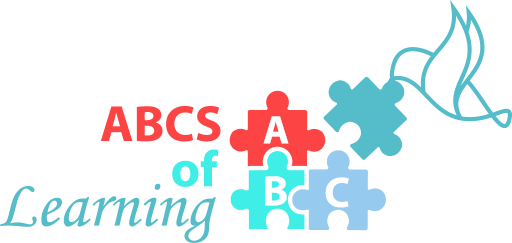What is Applied Behavioral Analysis
Applied Behavioral Analysis (ABA) is the most well-known behavioral approach backed by extensive research that focuses on encouraging positive behavior while reducing challenging or negative behaviors. It provides one to one intervention as well as small group interventions that treat multiple developmental domains such as communication, cognitive, social-emotional and adaptive functioning. ABA has also been demonstrated as effective for treating the symptoms of a variety of conditions, including severe destructive behaviors, communication disorders, social-emotional disorders, among others.
ABA helps individuals gain the necessary skills needed to be successful in the home, school, community work and other settings in their everyday life.
ABA strategies are based on:
Typical Treatment Components may consist of:
ABC’s ABA Treatment:
- Is individualized and developed from comprehensive skills assessments
- Provides one on one intervention and/or small group intervention
- Targets all areas of developmental domains such as communication, social skills as well as adaptive skills
- Offers focused therapy for a limited number of skills and behaviors or comprehensive therapy for multiple skill needs or challenging behaviors.
- Hours of service can range from 20-40 hours a week to allow for repetition, practice and skill building.
- Offers caregiver education and team meetings in an effort to support the individuals continued learning and development.
- Data is collected and analyzed to measure progress and guide treatment planning
Practitioners Providing Services:
A board-certified behavior analyst is the case manager of all cases. To become a BCBA, the following is needed:
- Earn a master’s degree or PhD in psychology or behavior analysis
- Pass a national certification exam
ABA therapy also involve therapists, or registered behavior technicians (RBTs). These therapists are trained and supervised by the BCBA. They work directly with children and adults with autism to practice skills and work toward the individual goals written by the BCBA.
In addition, Practitioners must continue to expand their knowledge of Behavior analysis and report ongoing continuing education credits on a biennial basis.
